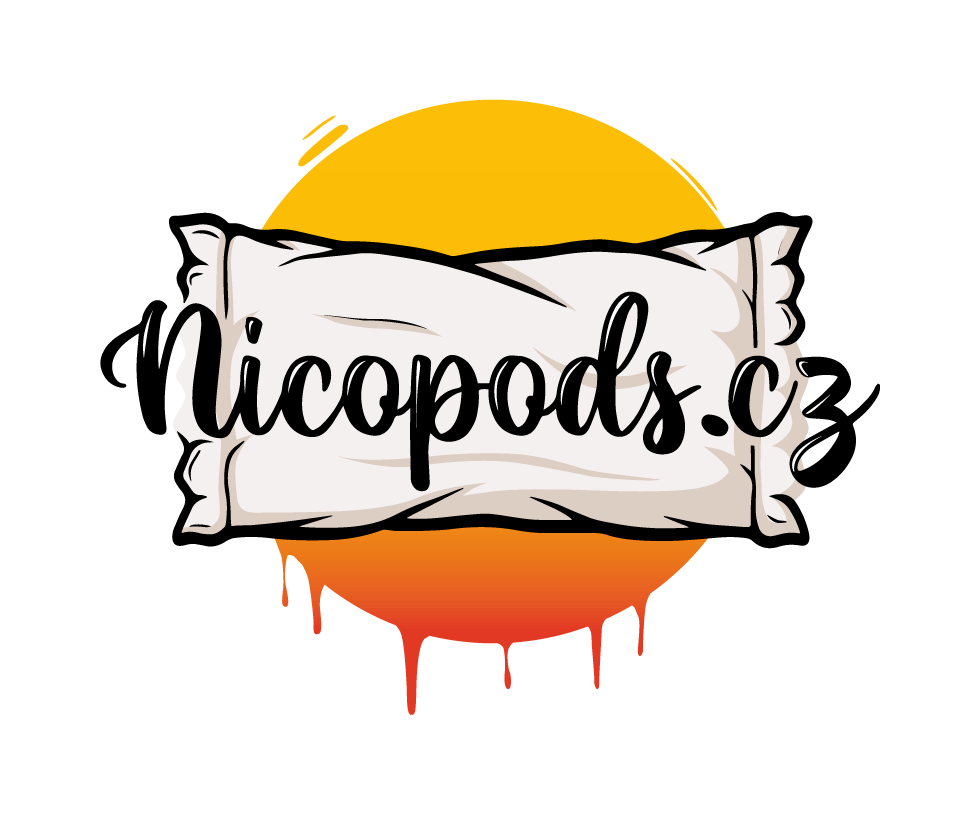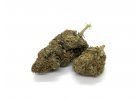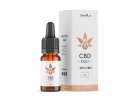CBD, or cannabidiol, is a substance that belongs to a group of substances called cannabinoids. These can be found in nature only in cannabis plants. It is the second most important substance after THC. It does not directly stimulate cannabinoid receptors, it does not have intoxicating effects and, among other things, it can also reduce some of the side effects caused by THC. These include short-term memory loss or anxiety. Therapeutic potential of CBD Research on therapeutic potential has been neglected in the past. However, it is currently emerging that its pharmacological effects are very interesting. Some scientific research shows that it helps to slow down the aging process and could have a significant effect on the treatment of stroke. It also has anti-inflammatory, antipsychotic and antidepressant effects. Other areas in which it could be used include the treatment of epilepsy, diabetes, social phobia, schizophrenia, bipolar disorder, multiple sclerosis, or as an alternative treatment for cancer.
Is it legal at all?
Possession of the cultivation and storage of hemp for industrial, technical and horticultural purposes, as well as for the trade in hemp for these purposes. The possession of the cultivation and storage of cannabis for industrial, technical and horticultural purposes, as well as for the trade in cannabis for these purposes is regulated by Act No. 167/1998 Coll. on Addictive Substances and on the Amendment of Certain Other Acts. § 5 Handling of addictive substances and preparations without a treatment permit. No treatment permit is required for the acquisition, storage and processing of cannabis plants, which may contain a maximum of 0.3% of tetrahydrocannabinol substances, and only for cannabis for industrial, technical and horticultural purposes, as well as for the trade in cannabis for these purposes.
























